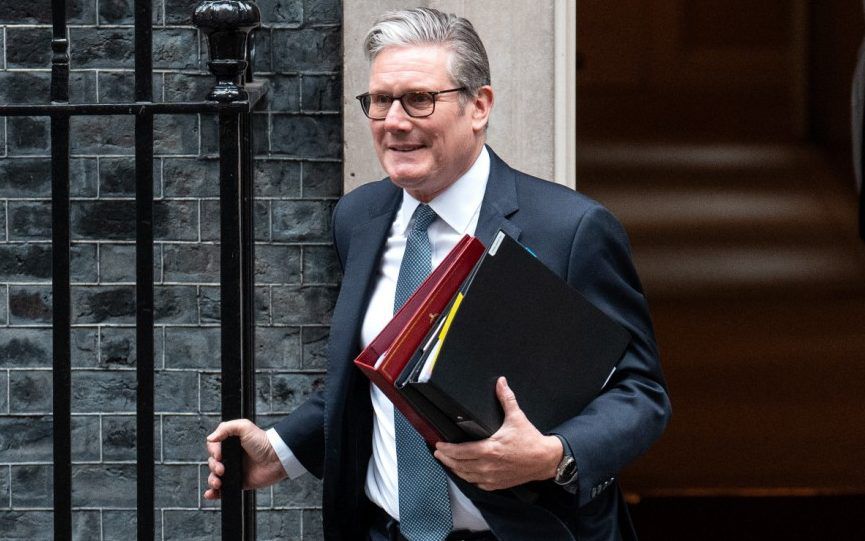Sir Keir Starmer has decided not to punish the 49 Labour MPs who defied him by voting against the government’s welfare reforms, despite being forced into a major climbdown in the Commons.
The MPs will keep the Labour whip, and insiders say there are no plans to impose any further disciplinary action following the biggest rebellion of Starmer’s leadership so far.
The revolt came after the Prime Minister was forced to strip out almost all key elements of his welfare Bill to appease party backbenchers, delaying changes to Personal Independence Payments (PIP) and scrapping plans to tighten eligibility for some benefits. These reforms had been expected to save billions, but their removal now leaves a near £5 billion hole in the public finances.
Rachael Maskell, one of the leading rebels, said the Prime Minister’s authority was disintegrating before our eyes and warned that unless he improved engagement with MPs, further rebellions were likely.
The government had hoped to reduce the cost of PIP paid to disabled people regardless of their employment status and cut the extra Universal Credit rate for people assessed as unable to work. But following intense internal pressure, Starmer agreed to delay any PIP changes until after a full review by Disability Minister Sir Stephen Timms, due in late 2026.
This delay effectively removes any chance of cost savings before the end of the current Parliament.
Helen Miller, the incoming director of the Institute for Fiscal Studies, said the government would now save nothing from the plans. Pat McFadden, Chancellor of the Duchy of Lancaster, admitted there would be a financial hit and did not rule out tax rises in the Autumn Budget.
Despite growing unease, Downing Street is resisting calls for a reset or staff changes, insisting that key advisers including chief of staff Morgan McSweeney and MP liaison head Claire Reynolds will remain in place.
The decision not to punish rebels could encourage further dissent on future legislation. That concern is especially acute as Labour nears the one-year anniversary of its landslide general election victory. While the party won a 165-seat majority, that margin has slightly narrowed due to resignations and suspensions.
Speaking to the media Maskell said Starmer’s decision not to discipline MPs was the right response and urged him to improve dialogue with his backbenchers. “We were speaking on behalf of disabled people who have been punished,” she said. “The weakness comes from the lack of engagement with backbenchers as they have got to build bridges or they will struggle.”
She also called on Chancellor Rachel Reeves to consider wealth taxes in the upcoming Autumn Budget to address the growing fiscal gap estimated by some at up to £40 billion. “We can’t increase the burden on small businesses and households,” she said, urging a review of capital gains and other wealth based tax options.



